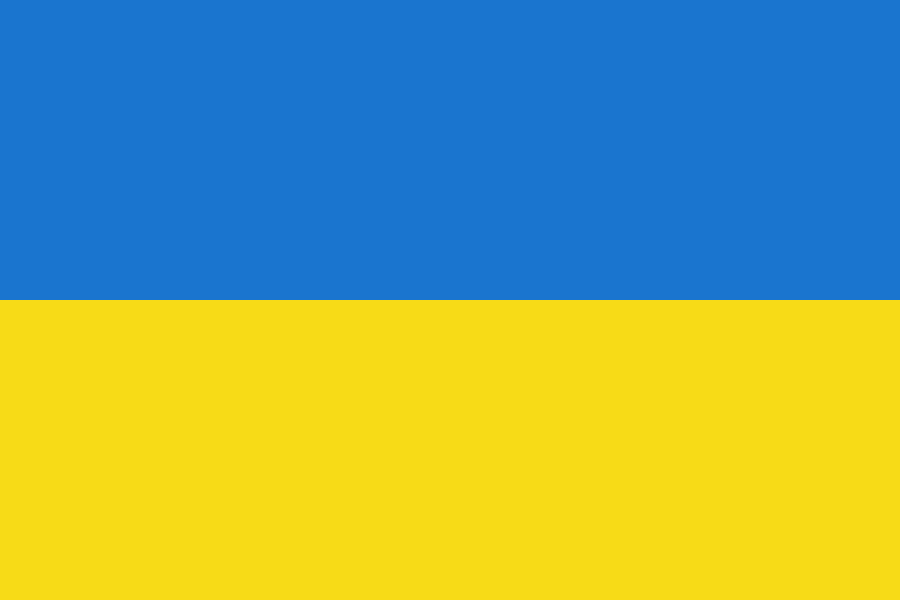Lithuanian and Swedish researchers are developing smart forestry solutions aiming to revolutionise the forest sector by introducing digital technologies.
Kaunas University of Technology, together with VMU in Lithuania, Linnaeus University in Sweden and other research institutions, are implementing the FOREST 4.0 Teaming project, which develops smart forestry innovations based on artificial intelligence, machine learning, the Internet of Things, blockchain, wireless sensor networks, big data analytics, meta-mathematics and other digital technologies.
The technologies that are being developed are aimed at ensuring sustainable, rational and efficient management of forest resources, and enabling the emergence of new technology companies.
The problems are global
The main focus of the actions planned is on the conservation and restoration of forest resources, the monitoring of forest health and the parameters of the entire biological ecosystem, the prevention of fires and other catastrophic events, and the mitigation of climate change.
According to the project leader, KTU Professor Rytis Maskeliūnas, due to climate change-related factors, solutions for the forestry sector are now more urgently needed than ever.
Also, he explains that digital maps allow for an efficient assessment of the state of forests, resulting in more sustainable management of forest resources.
KTU researchers together with partners develop models for the application of digital technologies, evaluate their effectiveness, and develop concepts for digital twin and metaverse-based solutions. They seek cutting-edge technological solutions that will fundamentally change forestry science and industries.
According to Maskeliūnas, the international nature of the project allows for exchanging experience and adapting the best practices from Sweden and other regions, which have strong forest management traditions, in Lithuania and other Baltic countries.
He emphasised the importance of data analysis and artificial intelligence, which make it possible to understand and target data, see trends, identify problems and provide rational solutions.
“Wireless sensor networks, drones and other equipment can be used to monitor forests, organise logging and assess damage. Metaverse technology should be used to educate professionals, inform stakeholders about the state of forests and organise recreation. These digital technologies save time and resources and facilitate the work of forest authorities,” says Damaševičius.
Professor Egidijus Kazanavičius, Head of the Centre of Real Time Computer Systems, stresses the purposefulness of the Internet of Things (IoT) technology. He explains that temperature, humidity, air quality, wind speed and other parameters in the forest is recorded by wireless sensor networks. Then, the data is analysed and used to make forest management decisions.
Smart forestry business solutions are very diverse
In their research, KTU scientists are also looking into the development of digitally-based business models for the forest sector aiming to increase the creation of digital technology-based forest sector businesses. Also, the development of a joint cluster of forest sector, timber industry and IT companies at the intersection of forest and IT technologies is foreseen.
According to her, it is clear that the forestry sector faces many challenges, both in Lithuania and globally, such as management of forest diseases and pests, illegal and irrational logging, chaotic forest resource planning, loss of biodiversity, deterioration of forest ecological parameters and fires. The latest digital technologies allow real-time monitoring of forest resources, systematic assessment of forest condition parameters, modelling of alternative scenarios, and visual and objective assessment of the forest situation.
Forests are important for managing the greenhouse gas balance as they can conserve carbon both in biomass and in the efficiently consumed harvested wood products, thus contributing to greenhouse mitigation.
The scientists are planning to adapt digital technologies in contexts that are not directly related to sustaining the ecosystem, such as recreation, forest heritage or education. They believe that the possibility for the younger generation to navigate in a virtual or augmented reality world, learning about the diversity of forest resources and forest parameters for educational purposes, opens up a whole new perspective on the role and perception of the forest in society.








